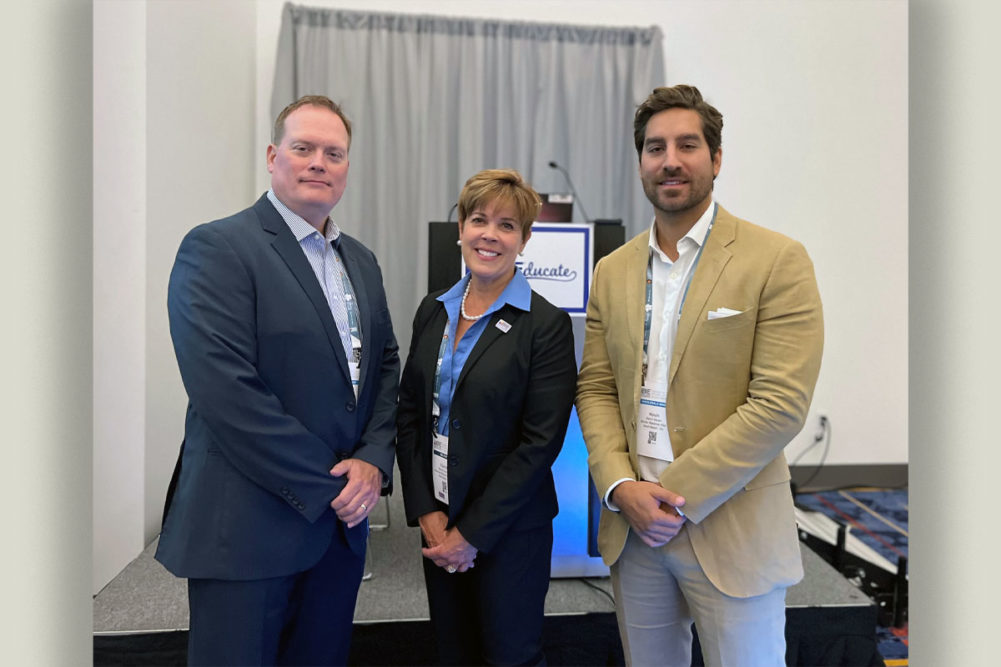LAS VEGAS — Responding to consumers’ growing interest in protecting the health of the planet, the American Bakers Association is working to involve members of the baking industry in the Energy Star Challenge of the US Environmental Protection Agency (EPA). During the Sept. 19 IBIEducate session “Environmental, Social, Governance in the Baking Industry,” Rasma Zvaners, vice president of regulatory and technical services at the ABA, encouraged bakers to consider becoming an Energy Star partner.
“This is a basic program,” Ms. Zvaners said. “It can be a stepping-stone toward sustainability starting with the focus on saving energy.”
Information about the program is available to ABA members through its website. Energy Star offers guidance that can be helpful for companies of any size, Ms. Zvaners said.
The ABA also has created a benchmarking tool where bakers can track all their inputs in a spreadsheet to see how their carbon footprint compares against others in the industry, Ms. Zvaners said. The environmental benchmarking tool is available for members to download.
There is an opportunity to expand in the sector by enhancing messaging to consumers about the steps bakeries are taking and the best practices they already may be leveraging toward sustainability, Ms. Zvaners explained.
Chris Wolfe, senior director, environmental and sustainability at Bimbo Bakeries USA, and Kevin Yavari, senior director, environmental and sustainability at BBU, presented alongside Ms. Zvaners to share steps BBU is taking in its sustainability initiative.
It’s still early days for the baking industry, Mr. Wolfe explained. He compared industry sentiment around the topic of sustainability to the lack of clarity some bakers experienced surrounding organic products 10 years ago. For other bakers who may be thinking about launching an Environmental, Social, Governance (ESG) program, Mr. Wolfe said BBU is willing to offer its expertise.
Mr. Wolfe said BBU set the goal of “net zero carbon” by 2050, beginning with its campaign aimed at “nourishing a better world.” He said BBU’s initiative began in 2019 with a materiality assessment to help them understand what would be important to customers, consumers and associates regarding sustainability.
Minimizing food waste is a great place to start, Mr. Wolfe said.
“As a low-margin business, we’ve always looked at waste,” he said. “Minimize food waste and you will help the planet.”
By 2025, 100% of BBU’s packaging with be recyclable or compostable, Mr. Wolfe said. The company utilizes high efficiency lighting at 100% of BBU’s facilities. BBU’s parent company Grupo Bimbo SAB de CV has been investing to expand its fleet of electric vehicles.
Regenerative agriculture is the next step in Grupo Bimbo’s sustainability initiative. During an impromptu interview with Milling & Baking News at IBIE Sept. 19, Daniel Servitje, chief executive officer of Grupo Bimbo, said the company has launched regenerative agriculture pilot tests in Mexico and the United States.
For bakers considering ways to expand their ESG programs, Mr. Wolfe said there are products available to assist open engagement with suppliers. Mr. Yavari concluded, “Sustainability isn’t just great for the environment, it’s great for the bottom line.”




